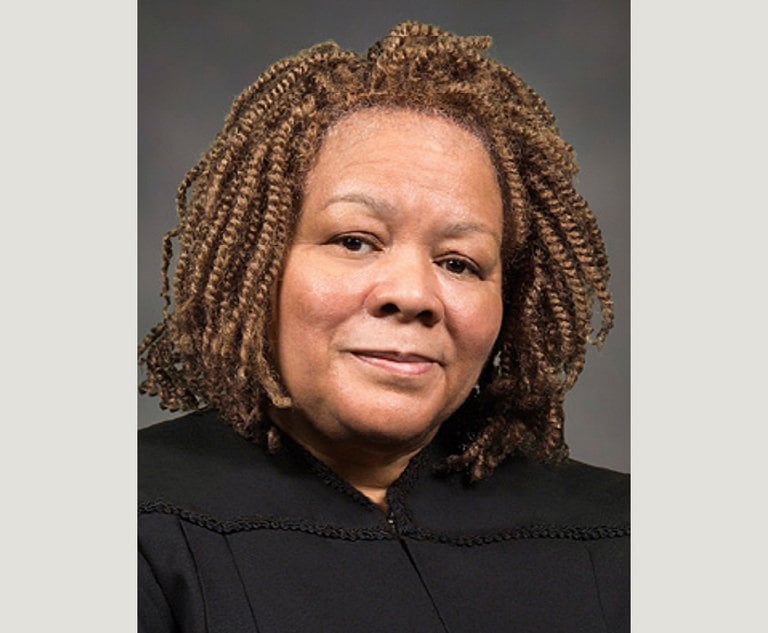Third-party bad faith claims typically arise from a common fact pattern: an insured defendant, hit with an excess verdict because his insurer refused to make a reasonable settlement offer, assigns to the plaintiff the right to bring a bad faith claim against the insurer.
Indeed, it is well-established in Pennsylvania that an insurer breaches its contractual duty to act in good faith, and its fiduciary duty to its insured, when it refuses to settle a claim that could have been resolved within the policy limits, unless the insurer has “a bona fide belief … that it has a good possibility of winning.” See Birth Center v. St. Paul Companies, 787 A.2d 376, 379 (Pa. 2001), quoting Cowden v. Aetna Casualty & Surety, 134 A.2d 223, 229 (Pa. 1957). Pennsylvania’s bad faith statute, 42 Pa.C.S.A. Section 8371, authorizes special damages if a court finds that an insurer acted in bad faith.


 Mark W. Tanner,left, and Peter M. Newman,right, of Feldman Shepherd. Couretsy photos
Mark W. Tanner,left, and Peter M. Newman,right, of Feldman Shepherd. Couretsy photos




